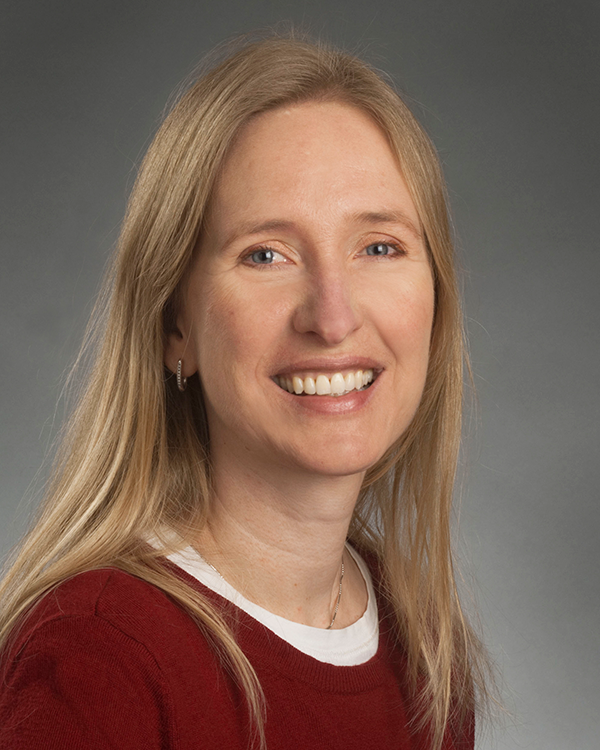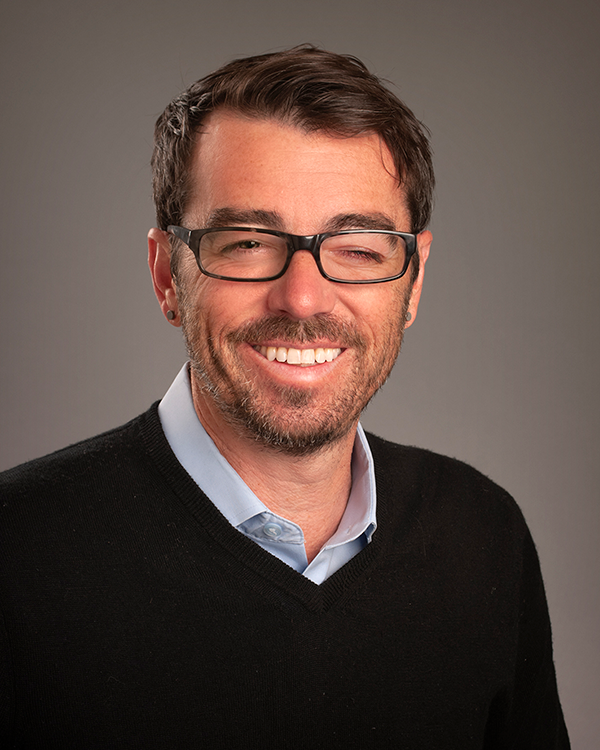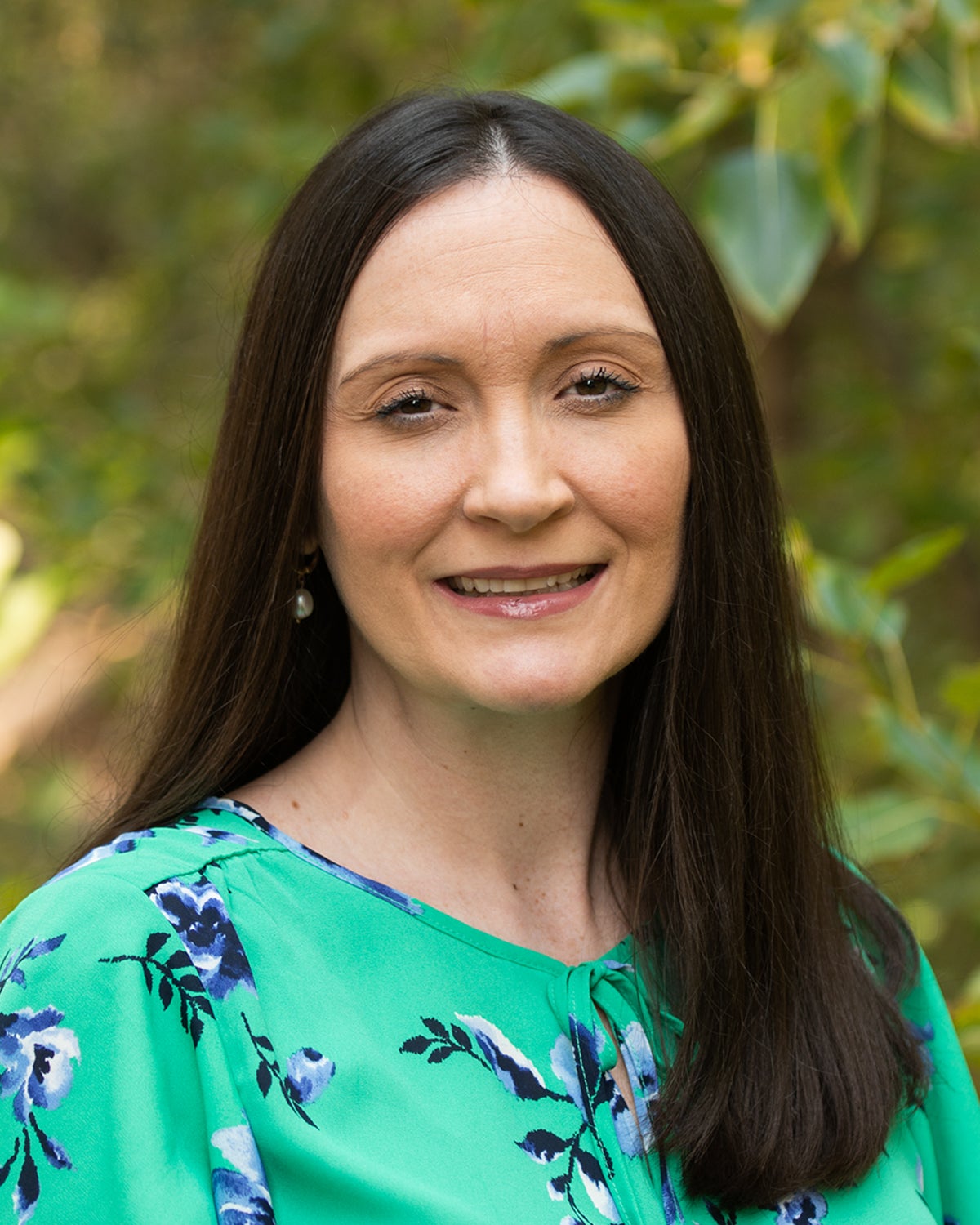eCampus Faculty Development Programs and Offerings
eCampus faculty development facilitates a variety of professional development offerings to set faculty up for success in the online teaching environment. In addition to a variety of courses, webinars, seminars, and more, we offer pathways for faculty to develop their online teaching competencies through a series of online teaching and online course design certificates and microcredentials. Click on the cards below to learn more about our offerings.
Descriptions of Offering Types
- Courses are asynchronous courses that are facilitated by eCampus Online Faculty Associates and require 10-12 hours of participation over a two-to-four week period. Courses earn 3-credits towards associated certificates.
- Seminars help faculty improve a specific aspect of their online course through synchronous and asynchronous coaching sessions with faculty associates. They require 4-5 hours of participation over a week. Seminars earn 2-credits towards associated certificates.
- Webinars are guided discussions that offer an opportunity to learn more about specific topics related to online teaching. Webinars earn 1-credit towards associated certificates.
- Communities of Practice (CoPs) are a group of people who share a common interest and come together to learn more about how to do it better. eCampus CoPs meet several times a semester with an eCampus facilitator. CoP participation earns 2-credits toward associated certificates.
Additional Faculty Development Offerings
Online Teaching Spotlights
Our faculty are doing amazing things! These stories spotlight innovative, engaging, and effective approaches faculty have developed to help students achieve learning objectives in online courses.
News
eCampus Faculty Associates
eCampus faculty associates have numerous years of experience in teaching online at Boise State and share their expertise with other faculty who are developing and teaching online courses. The faculty associates apply their rich knowledge and experience of online learning through a variety of ways:
- Designing and facilitating eCampus courses, seminars, and webinars
- Consulting with faculty course developers during the Quality Matters™ peer review process
- Mentoring faculty as they teach online during the semester
This video is available with captions and a transcript.
Meet the Faculty
-

Jennifer Black, PhD
Lecturer
Jennifer Black, PhD is a lecturer in the English Department. She has been teaching at Boise State since 2001 and serving as an eQIP Faculty Associate since Fall 2008 to train and mentor online instructors. As a faculty member, she teaches courses in Renaissance literature, Humanities, and Composition, as well as in Foundational Studies. Her research interests include Early Modern women writers and artists, online and hybrid pedagogy, academic integrity, active learning strategies for literature courses and high-enrollment classes and the future of higher education. Jen especially likes “talking shop” with other online instructors and swapping ideas about effective teaching.
English DepartmentJennifer Black, PhD is a lecturer in the English Department. She has been teaching at Boise State since 2001 and serving as an eQIP Faculty Associate since Fall 2008 to train and mentor online instructors. As a faculty member, she teaches courses in Renaissance literature, Humanities, and Composition, as well as in Foundational Studies. Her research interests include Early Modern women writers and artists, online and hybrid pedagogy, academic integrity, active learning strategies for literature courses and high-enrollment classes and the future of higher education. Jen especially likes “talking shop” with other online instructors and swapping ideas about effective teaching.
-

Kim Carter-Cram, PhD
Lecturer
Kim Carter-Cram, PhD received her doctorate in French from the University of California at Los Angeles (UCLA). Her research focus is on 20th century women’s personal narratives and philosophical texts in French and Francophone literature. Carter-Cram’s writings appear in works such as the Encyclopedia of Women’s Autobiography and in the Encyclopedia of Life Writing. In addition, she has published work on Simone de Beauvoir and Marcel Proust. Her conference presentations on the works of Assia Djebar, Simone de Beauvoir, feminism and religion and the use of the Internet in higher education attest to a wide range of expertise.
English DepartmentKim Carter-Cram, PhD received her doctorate in French from the University of California at Los Angeles (UCLA). Her research focus is on 20th century women’s personal narratives and philosophical texts in French and Francophone literature. Carter-Cram’s writings appear in works such as the Encyclopedia of Women’s Autobiography and in the Encyclopedia of Life Writing. In addition, she has published work on Simone de Beauvoir and Marcel Proust. Her conference presentations on the works of Assia Djebar, Simone de Beauvoir, feminism and religion and the use of the Internet in higher education attest to a wide range of expertise.
-

Erik Hadley, PhD
Lecturer
Erik Hadley, PhD is a lecturer in the History Department and University Foundations, where he teaches graduate and undergraduate courses in history as well as UF 100 and UF 200. He received his doctorate from the University at Buffalo (SUNY–Buffalo) in European and Atlantic World history. His research interests centers on commemoration of public ritual festivals in Francophone Belgium dating back to the 17th century. Hadley started teaching online courses at BSU in 2013 and has developed 100-level online courses for the Online Degree Pathway (ODP) program. He is particularly interested in active-learning pedagogies, including gaming in the classroom (live and virtual), particularly through games published by Reacting to the Past consortium. He also utilizes blogs, wikis, videos, and podcast projects in his online classes as means to further student interaction and learning.
History Department and University FoundationsErik Hadley, PhD is a lecturer in the History Department and University Foundations, where he teaches graduate and undergraduate courses in history as well as UF 100 and UF 200. He received his doctorate from the University at Buffalo (SUNY–Buffalo) in European and Atlantic World history. His research interests centers on commemoration of public ritual festivals in Francophone Belgium dating back to the 17th century. Hadley started teaching online courses at BSU in 2013 and has developed 100-level online courses for the Online Degree Pathway (ODP) program. He is particularly interested in active-learning pedagogies, including gaming in the classroom (live and virtual), particularly through games published by Reacting to the Past consortium. He also utilizes blogs, wikis, videos, and podcast projects in his online classes as means to further student interaction and learning.
-

Patrick R. Lowenthal, PhD
Professor
Patrick R. Lowenthal, PhD is a professor in the Department of Educational Technology, where he teaches master’s and doctoral-level students in a fully online graduate program. He joined the eQIP team as a Faculty Associate in Spring 2014. Before moving to Idaho, Patrick worked as an Academic Technology Coordinator at the University of Colorado Denver as well as Assistant Professor at Regis University, where he began teaching online in 2003. Patrick is interested in problems of practice with teaching and learning online. He researches how faculty and students communicate using emerging technologies and specifically focuses on issues of presence, identity and community online.
Educational Technology DepartmentPatrick R. Lowenthal, PhD is a professor in the Department of Educational Technology, where he teaches master’s and doctoral-level students in a fully online graduate program. He joined the eQIP team as a Faculty Associate in Spring 2014. Before moving to Idaho, Patrick worked as an Academic Technology Coordinator at the University of Colorado Denver as well as Assistant Professor at Regis University, where he began teaching online in 2003. Patrick is interested in problems of practice with teaching and learning online. He researches how faculty and students communicate using emerging technologies and specifically focuses on issues of presence, identity and community online.
-

Kristen McHenry, EdD
Assistant Professor
Kristen McHenry, EdD, is an Assistant Professor in the Department of Respiratory Care, housed in the College of Health Sciences. She teaches specifically in the online undergraduate and graduate degree advancement programs in Respiratory Care. She has been teaching online since 2013, and as a clinician turned educator, has a passion for both professional and faculty development. She resides in East Tennessee and is considered remote faculty. Research interests include student, faculty, and provider wellness and the scholarship of teaching and learning. Kristen is also a site visitor and board member of the Commission on Accreditation for Respiratory Care. She joined the faculty at Boise State in 2020.
Department of Respiratory CareKristen McHenry, EdD, is an Assistant Professor in the Department of Respiratory Care, housed in the College of Health Sciences. She teaches specifically in the online undergraduate and graduate degree advancement programs in Respiratory Care. She has been teaching online since 2013, and as a clinician turned educator, has a passion for both professional and faculty development. She resides in East Tennessee and is considered remote faculty. Research interests include student, faculty, and provider wellness and the scholarship of teaching and learning. Kristen is also a site visitor and board member of the Commission on Accreditation for Respiratory Care. She joined the faculty at Boise State in 2020.
